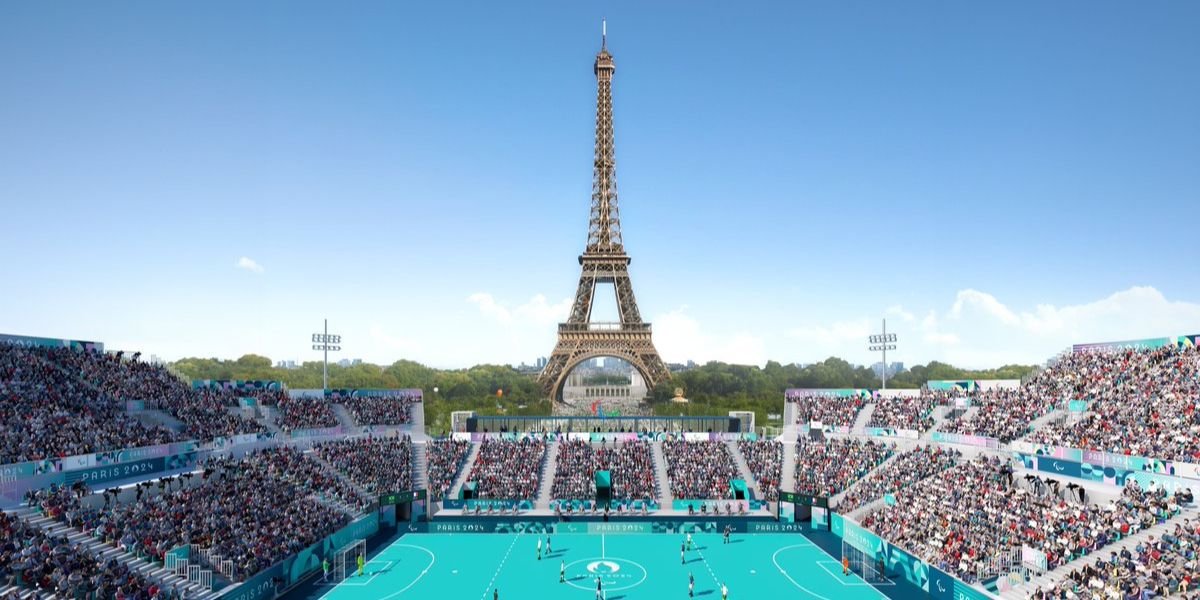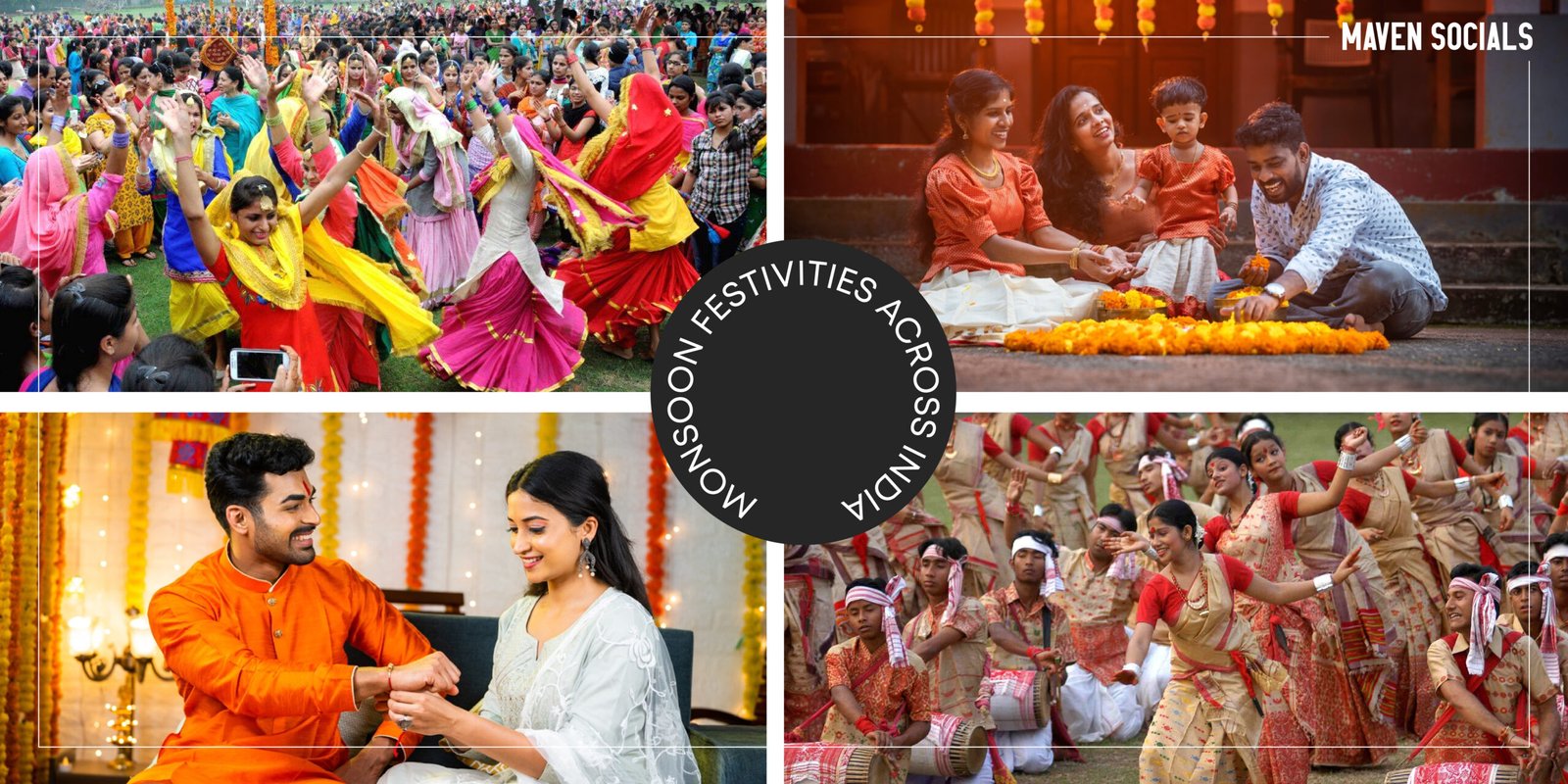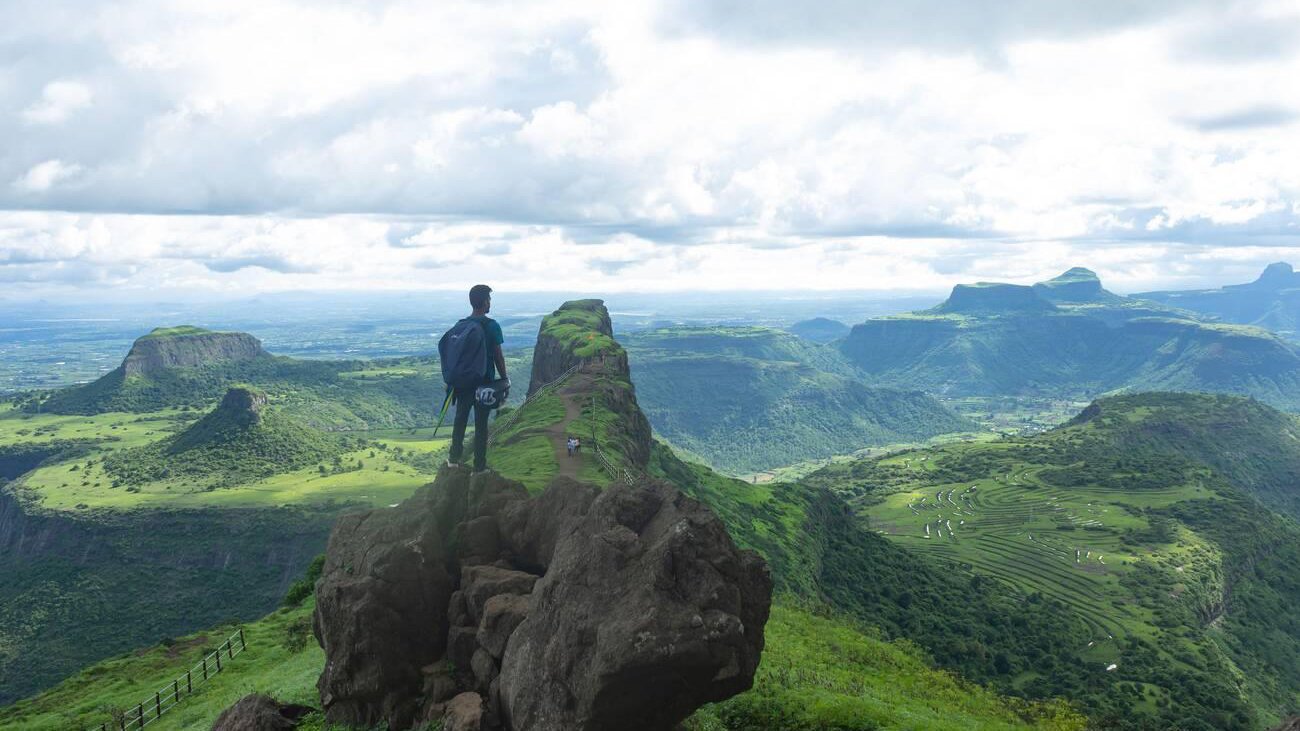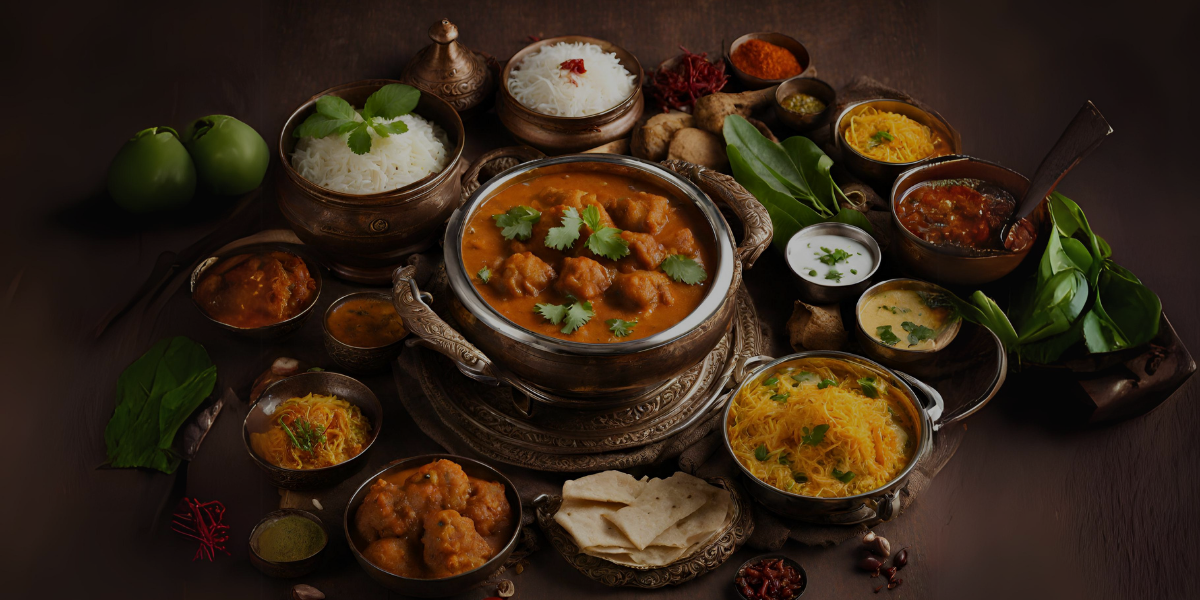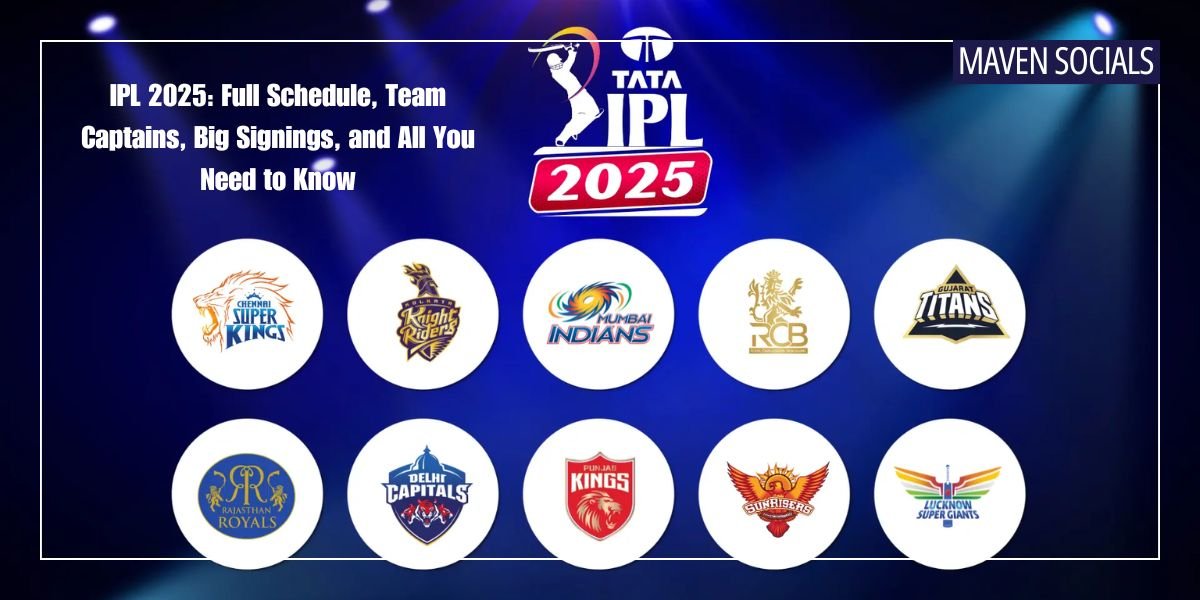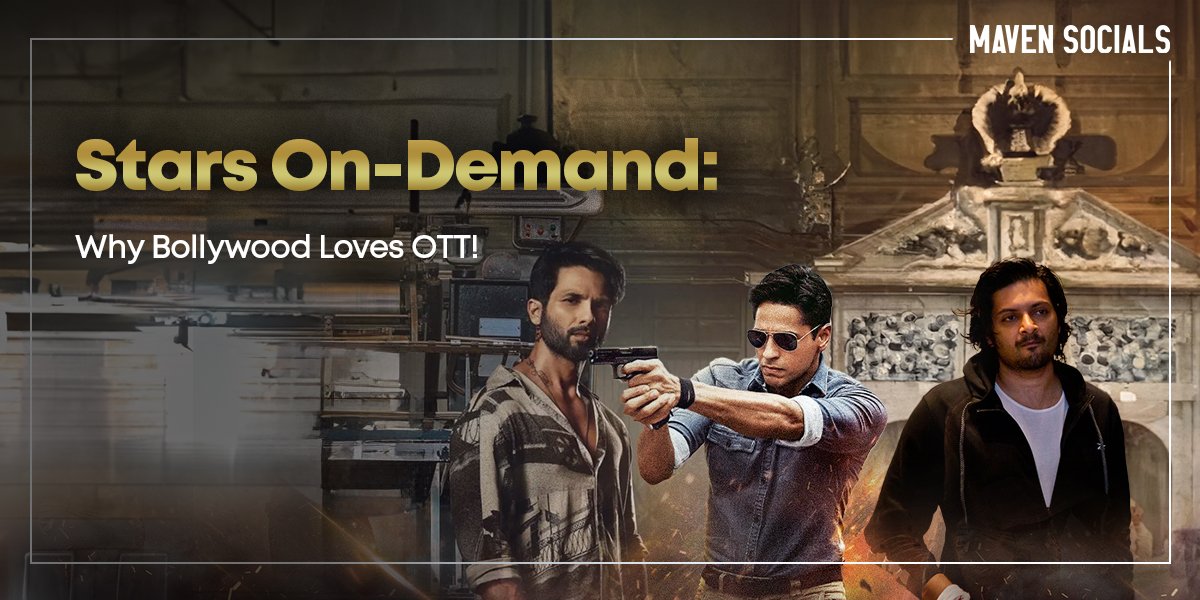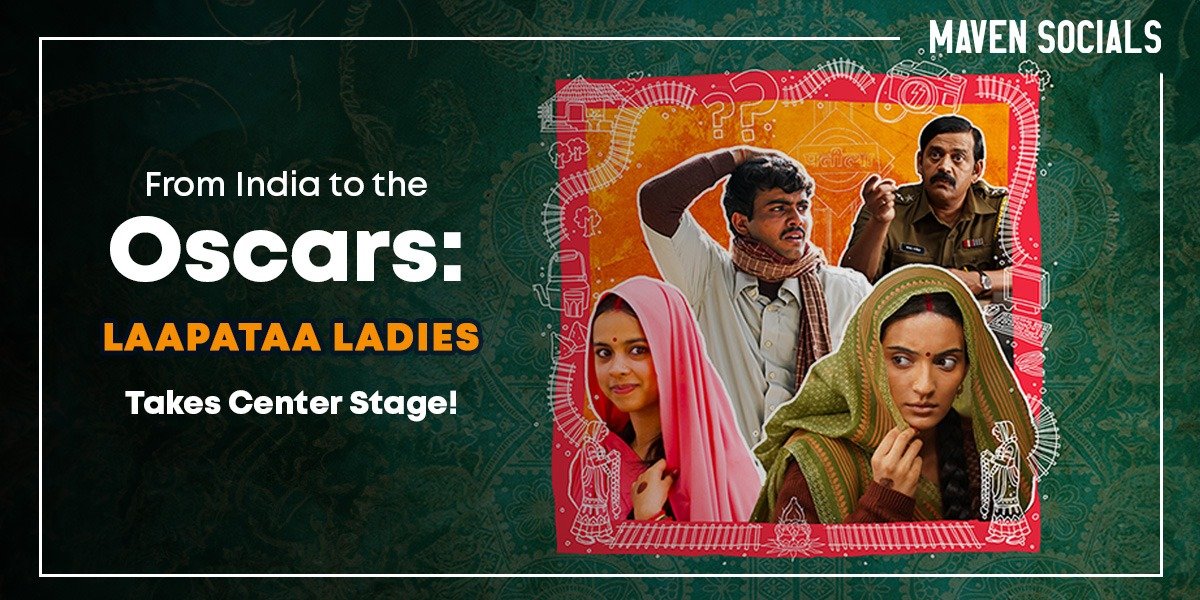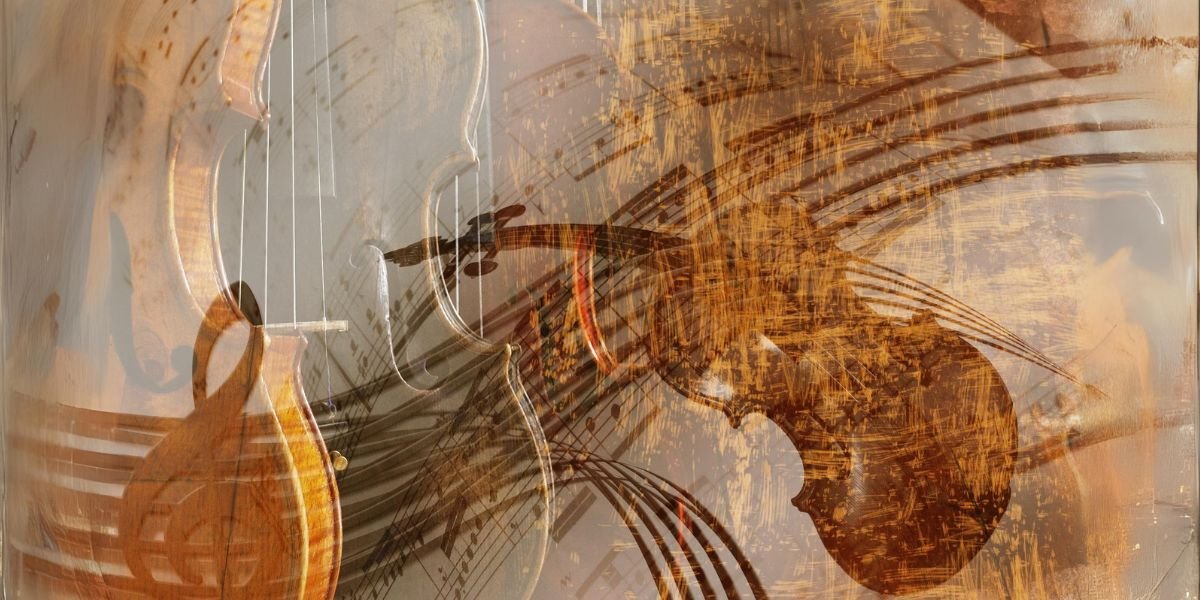The 2024 Paris Olympics were a meaningful chapter in India’s sports journey, echoing the nation’s growing prowess and the challenges ahead. India competed fiercely with a contingent of 117 athletes, seeking to add to its Olympic legacy. The games, held from July 26 to August 11, witnessed India win six medals—one silver and five bronze. Each of these medals represents not just a victory but years of dedication, training, and the collective effort of athletes, coaches, and the support system behind them. As we honour these achievements, we also look forward to what it will take for India to reach even greater heights at the Los Angeles 2028 Olympics.
Creating Champions Beyond the Podium
Winning an Olympic medal is not just about those few moments on the podium; it’s the culmination of years, sometimes decades, of unwavering hard work, dedication, and sacrifice. The journey from Paris 2024 to Los Angeles 2028 begins with the athletes and a comprehensive ecosystem that includes coaches, support staff, institutions, and, most notably, a nation’s will to nurture and celebrate its sporting talent.
The Alchemy of Success: Training and Preparation
Training for the Olympics is akin to preparing for war—meticulous, exhausting, and all-encompassing. It’s an alchemy of physical endurance, mental resilience, and strategic acumen. Indian athletes, post-Paris, are not just resting on their laurels. They’re back to the grind, training harder, smarter, and with a renewed focus. The Sports Authority of India (SAI) and private initiatives like the Olympic Gold Quest (OGQ) and JSW Sports play a pivotal role in this journey.
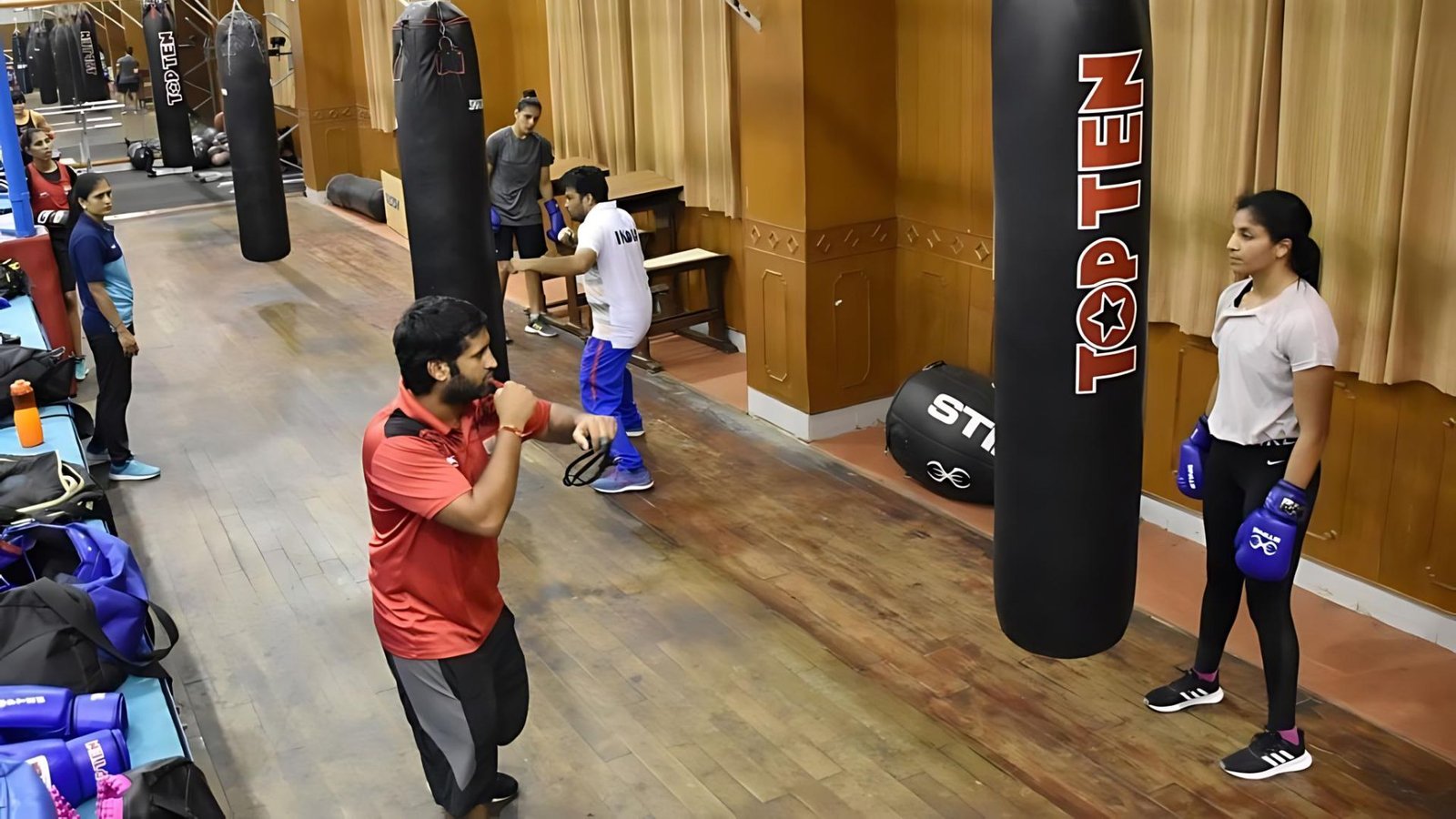
These organisations are not just funding and facilitating training camps; they create an ecosystem supporting holistic development. This includes hiring world-class coaches, ensuring state-of-the-art facilities, and providing psychological and nutritional support tailored to each athlete’s needs. For instance, Neeraj Chopra’s success in Paris, where he secured a silver medal, culminated in years of meticulous planning and support from his entire team, showcasing the collective effort behind individual triumph.
The Mental Game: Building Resilience
Physical prowess alone doesn’t win medals; the mental game often makes the difference between a medal and a near miss. The pressure of representing a billion-plus people on the global stage is immense, and the ability to succeed under this pressure sets champions apart. Post-Paris, there must be a significant shift in how India approaches mental conditioning.
Sports psychologists should be an integral part of an athlete’s entourage, helping them build mental resilience, get over the fear of downfall, and stay focused on their goals. India must also invest heavily in this critical area, understanding that the mind is as important as the body in pursuing Olympic glory. Athletes must be trained to visualise success, manage anxiety, and develop a winning mindset—key ingredients in the recipe for success.

One of the most powerful examples of mental resilience is Vinesh Phogat. Despite facing tremendous pressure and the heartbreak of disqualification before a historic final, her determination to push forward, even when the odds were stacked against her, reflects the indomitable spirit that defines true champions.
Celebrating Our Olympians: A Roll Call of Glory
Though filled with unforgettable moments, India’s performance at the 2024 Paris Olympics also included heartbreaks. The 117 athletes brought one silver and five bronze medals, each representing a story of determination, grit, and national pride.
- Neeraj Chopra – Silver in Javelin Throw: Neeraj Chopra, India’s golden boy from Tokyo 2020, added another chapter to his legacy by winning a silver medal in the javelin throw. His consistent performance on the global stage has made him the most successful individual Olympian in India’s history, inspiring numerous young athletes across the country.
- Manu Bhaker – Two Bronze Medals in Shooting: Manu Bhaker made history by becoming the first Indian woman to secure an Olympic medal in shooting. She doubled her glory by clinching a mixed team bronze in the 10m air pistol event alongside Sarabjot Singh. Manu’s success in Paris was a testament to her resilience and determination, marking India’s biggest haul in shooting at a single edition of the Olympics.
- Swapnil Kusale – Bronze in Shooting: Adding to India’s tally in shooting, Swapnil Kusale secured a bronze medal, making this India’s most successful Olympic outing in shooting. His performance highlighted India’s growing strength in the sport, setting the stage for future successes.
- Indian Men’s Hockey Team – Bronze: The Indian men’s hockey team matched their Tokyo 2020 success with another bronze in Paris, continuing their legacy as one of the most thriving teams in the Olympics’ history. Their performance was a blend of skill, strategy, and the indomitable spirit of a team that has been a symbol of India’s Olympic dreams for decades.
- Aman Sehrawat – Bronze in Wrestling: Aman Sehrawat became India’s youngest Olympic medallist when he clinched a bronze in wrestling. His achievement at such a young age promises a bright future for Indian wrestling and sets the tone for what’s to come in Los Angeles in 2028.
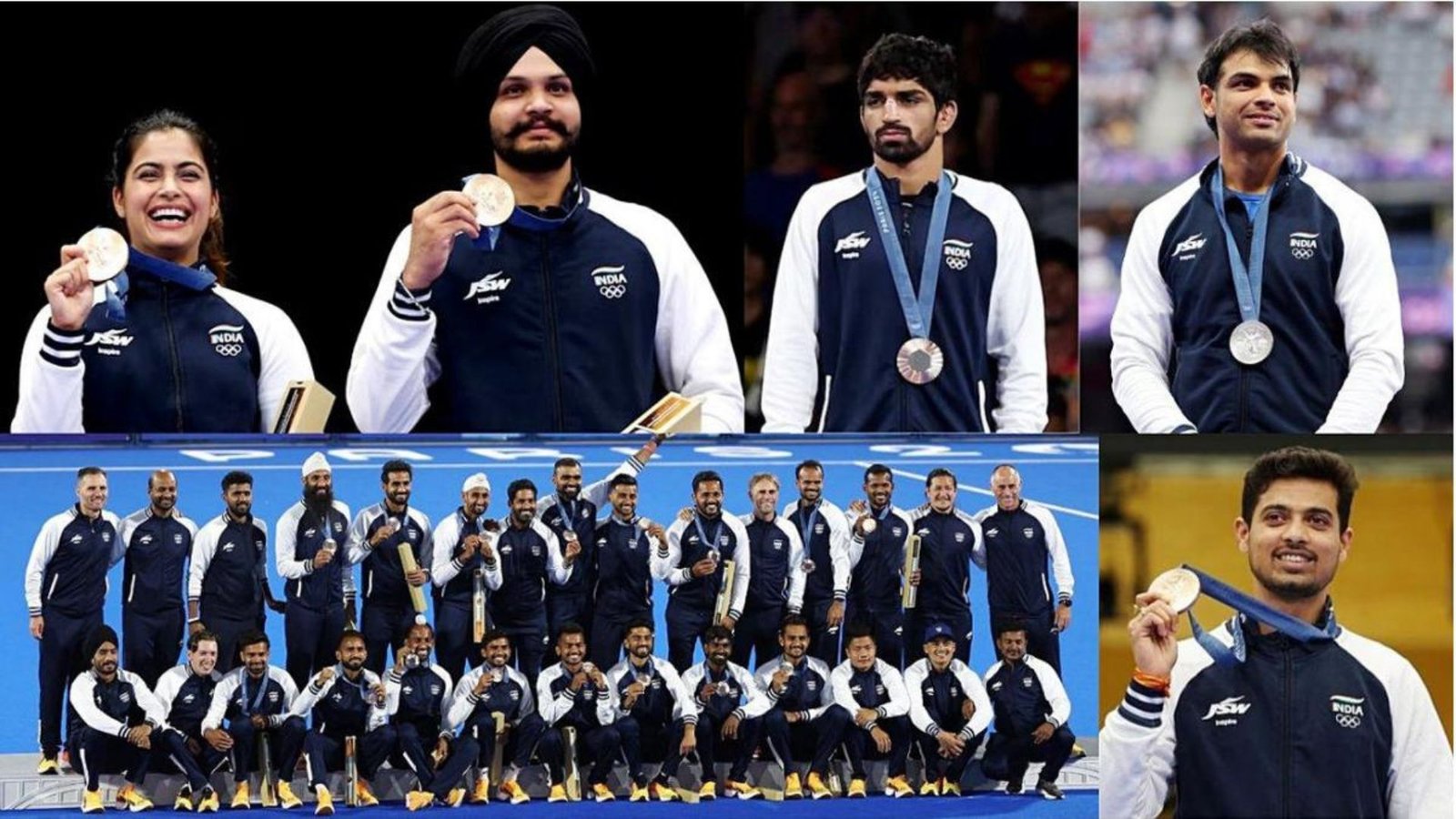
However, the Paris Olympics were also marked by near misses and disappointments. India missed six potential medals, with athletes like Lakshya Sen, Mirabai Chanu, and Manu Bhaker (who could have bagged a third medal) finishing just shy of the podium. Vinesh Phogat’s disqualification ahead of a historic final added to the nation’s woes, reminding us of the fine margins that often decide Olympic success.
Grassroots to Glory: Nurturing the Next Generation
The journey to Los Angeles 2028 doesn’t just start with the athletes who competed in Paris; it begins with those yet to emerge. India’s sports future lies in the skills we discover and nurture today. Grassroots development is no longer just a buzzword; it’s a national mission. The Khelo India program has been a game-changer in identifying and nurturing young talent nationwide.
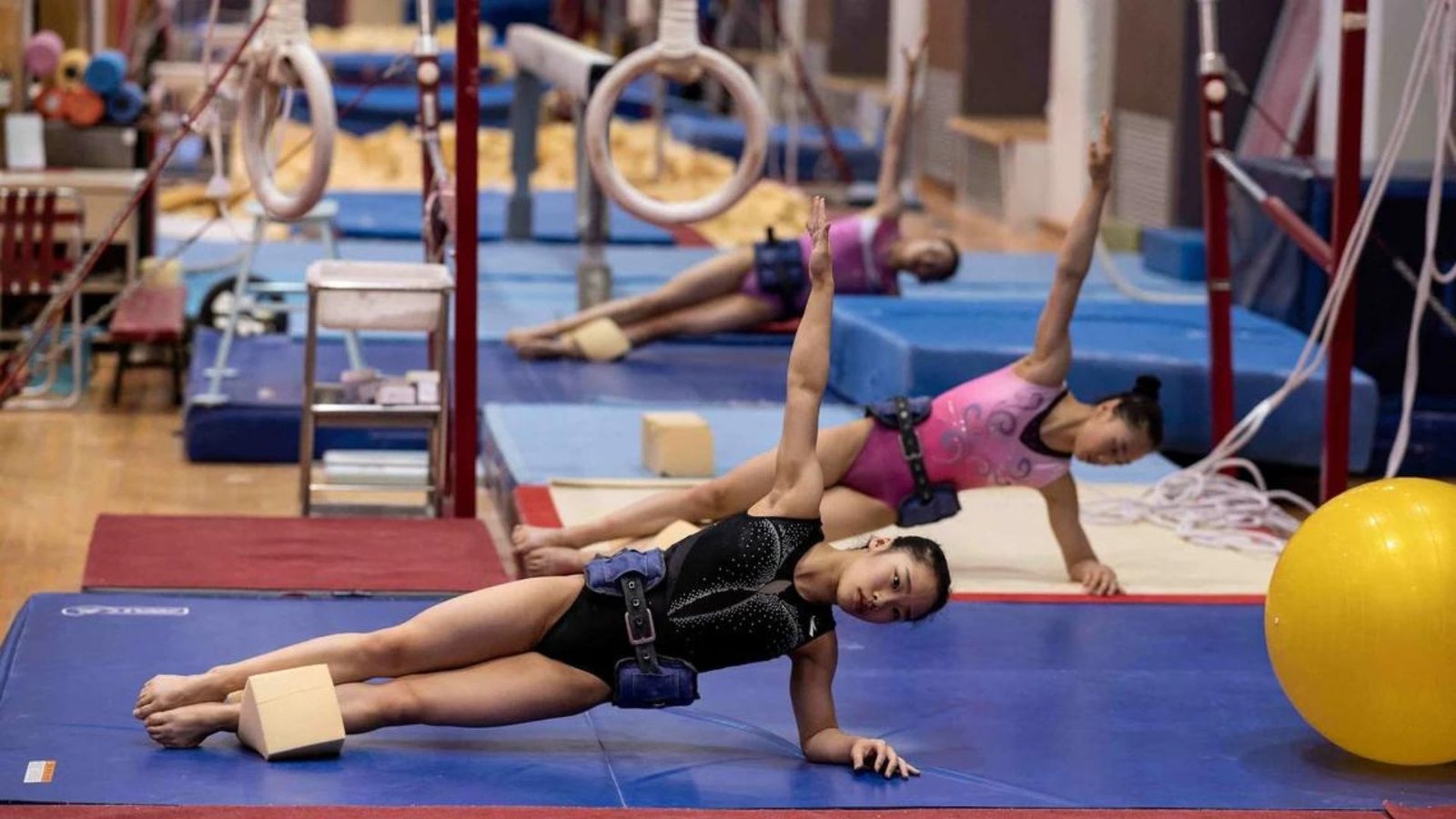
These young athletes, many from humble backgrounds, are now being scouted, trained, and supported to realise their Olympic dreams. Schools and colleges are becoming breeding grounds for future Olympians, with a greater focus on sports alongside academics. The idea is to catch them young, provide them with the best training, and ensure they have the psychological and financial support to pursue sports as a viable career.
Vision 2028 and the Road to Los Angeles
As we look forward to the 2028 Olympics in Los Angeles, the vision is clear—India aims to participate and dominate. The lessons learned from Paris 2024 will serve as a blueprint. Strategic planning, continuous support, and a relentless focus on excellence will be the cornerstones of India’s Olympic journey.
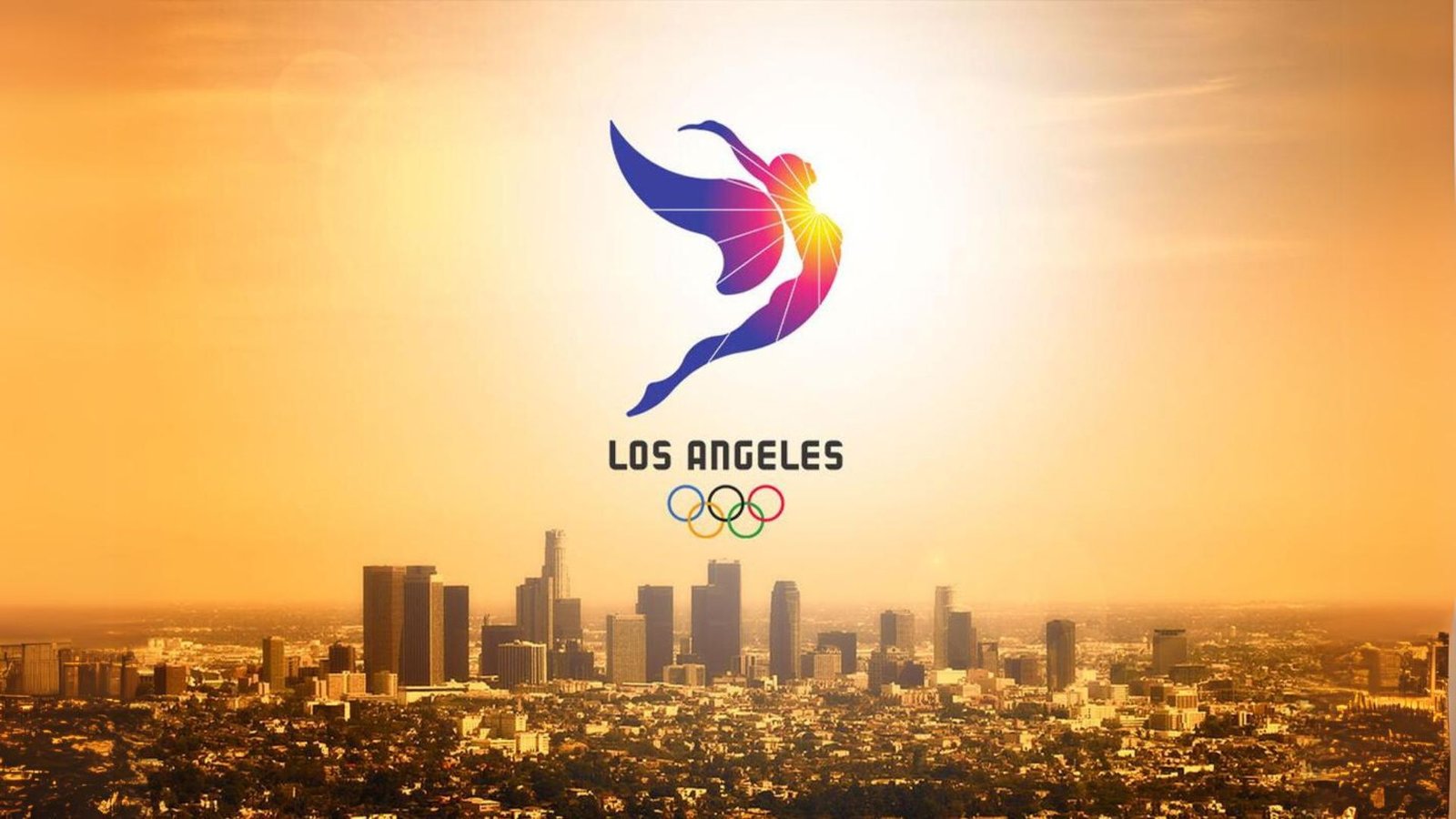
But it’s not just about the athletes; it’s about a nation coming together to create an environment where sports is honoured and every child with a dream can see a clear path to the Olympics. This involves greater investment in sports infrastructure, more international exposure for athletes, and a cultural shift that places sports at the heart of national pride.
As the sun sets in Paris in 2024 and rises on the road to Los Angeles in 2028, India stands at the cusp of a sporting revolution. The journey from being a country that glorifies occasional medals to becoming a sporting powerhouse is well underway. But this journey requires the collective effort of athletes, coaches, institutions, and every Indian who dares to dream.
The road to Los Angeles is long and arduous. Still, with the proper preparation, mindset, and nation-wavering support, there’s no reason why India can’t leap from Paris to Olympic glory in 2028. It’s not just about winning more medals; it’s about realising the true potential of a billion dreams and etching India’s name in the history of the Olympics.
